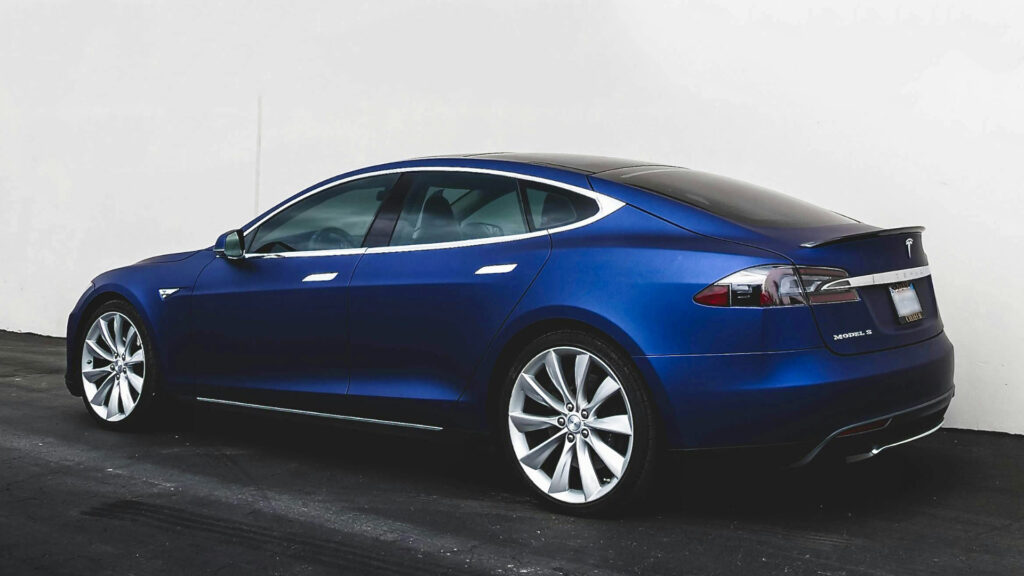With news that cities like Paris are considering banning SUVs from the center and with the expansion of ULEZ in London is it time to reconsider the true environmental impact of big heavy SUVs?
Whether or not SUVs (Sport Utility Vehicles) should be banned is a complex and subjective question. There are arguments on both sides of this issue, and in addition to environmental concens the decision would depend on various factors, safety considerations, urban planning, and individual preferences.
Many consumers prefer SUVs for their spacious interiors, higher driving position, and perceived safety benefits. Larger SUVs often provide more room for passengers and cargo, catering to the needs of families and individuals who prioritize space and comfort although in this case a lighter more manoeuvrable mini-van would achieve the same goal.

Banning SUVs would limit consumer choice and might be seen as overly restrictive.
SUVs are often equipped with advanced safety features, and their larger size can provide a sense of security for some drivers. Automakers strive to meet stringent safety standards, and larger vehicles tend to perform better in crash tests, especially in collisions with smaller vehicles. The added mass and size of SUVs can contribute to better crashworthiness and protection for occupants – the same can be said of a tank. But at the end of the day this argument is a bit like American Gun Laws…”I need a bigger one because he’s got a really big one”. The size and weight of SUVs can pose a greater risk to other road users in the event of a collision.
Size does matter… SUVs, especially larger models, tend to consume more fuel and produce higher emissions than smaller, more fuel-efficient cars. Banning or regulating SUVs could be viewed as a measure to reduce the environmental impact of individual vehicles Also, In crowded urban areas, large vehicles like SUVs can contribute to congestion and parking difficulties.
Potential Compromises:
Instead of an outright ban, some regions have implemented measures to encourage the use of smaller, more fuel-efficient vehicles. This could include incentives for electric or hybrid vehicles, congestion pricing, or stricter emissions standards.
Ultimately, the decision to ban SUVs or implement regulations would require careful consideration of the social, economic, and environmental impacts, and it would need to strike a balance between individual freedoms and the broader public interest. Public opinion, technological advancements, and policy decisions will all play roles in shaping the future of automotive regulations.



